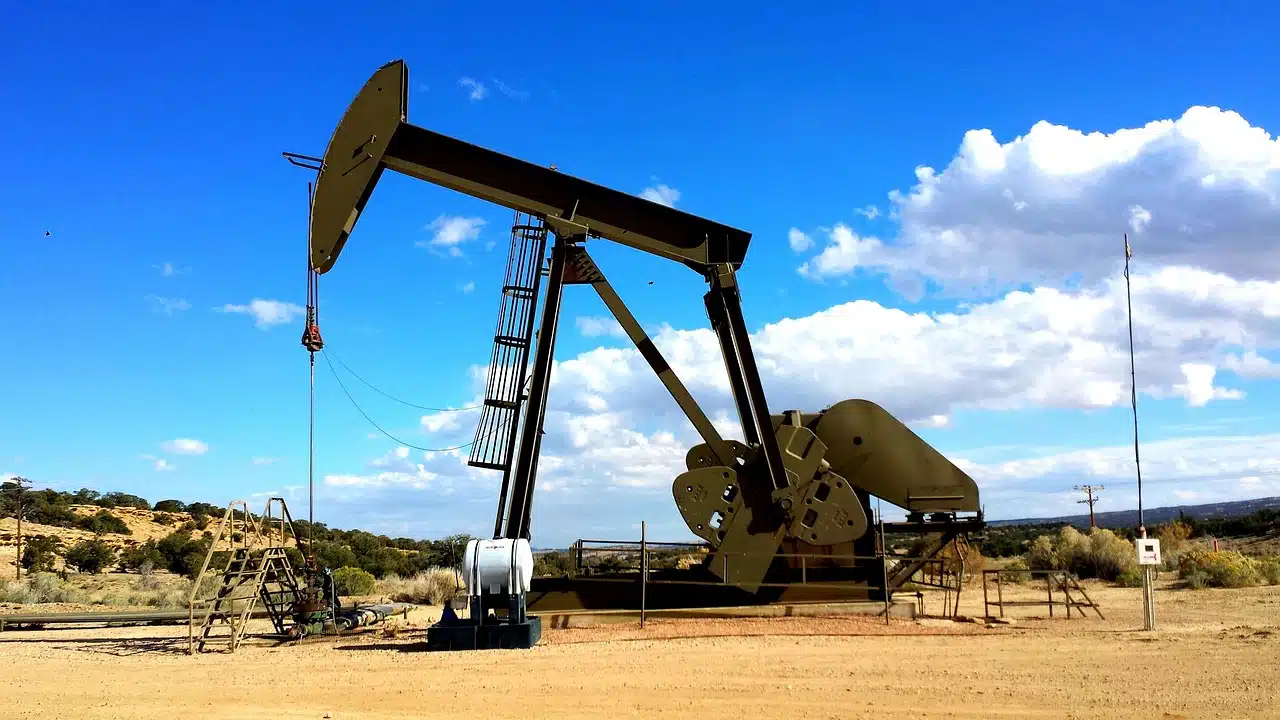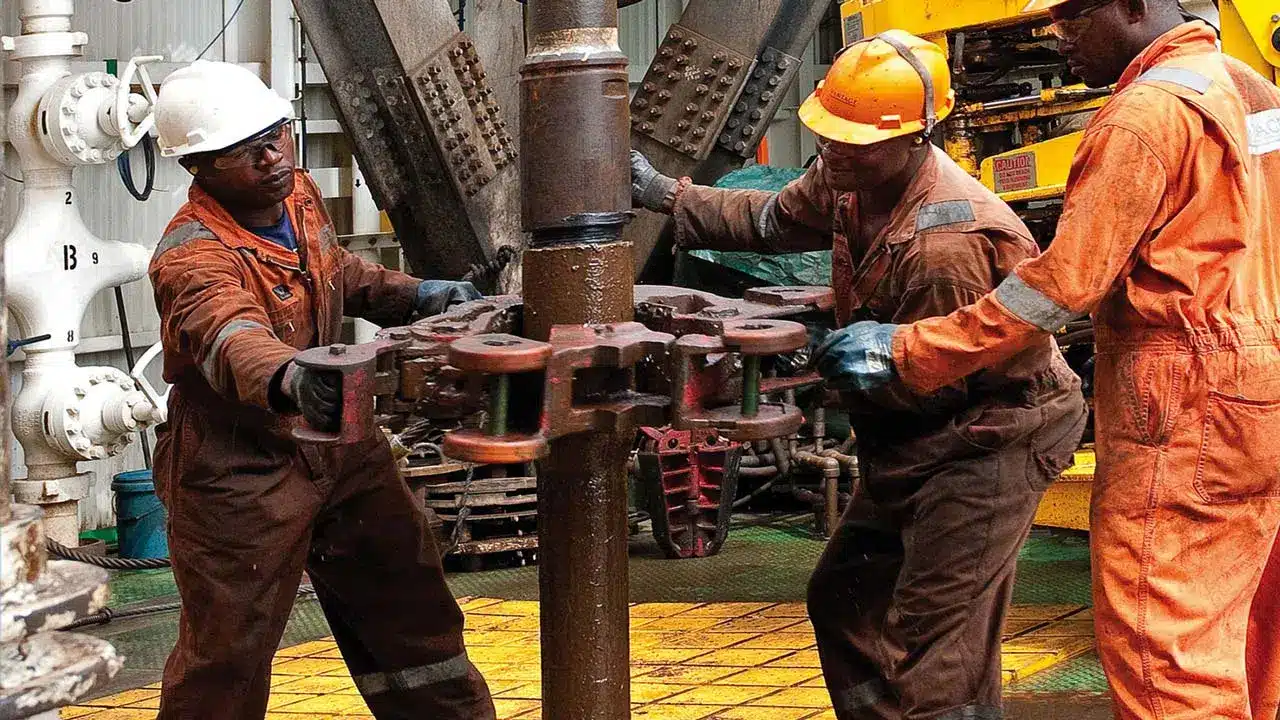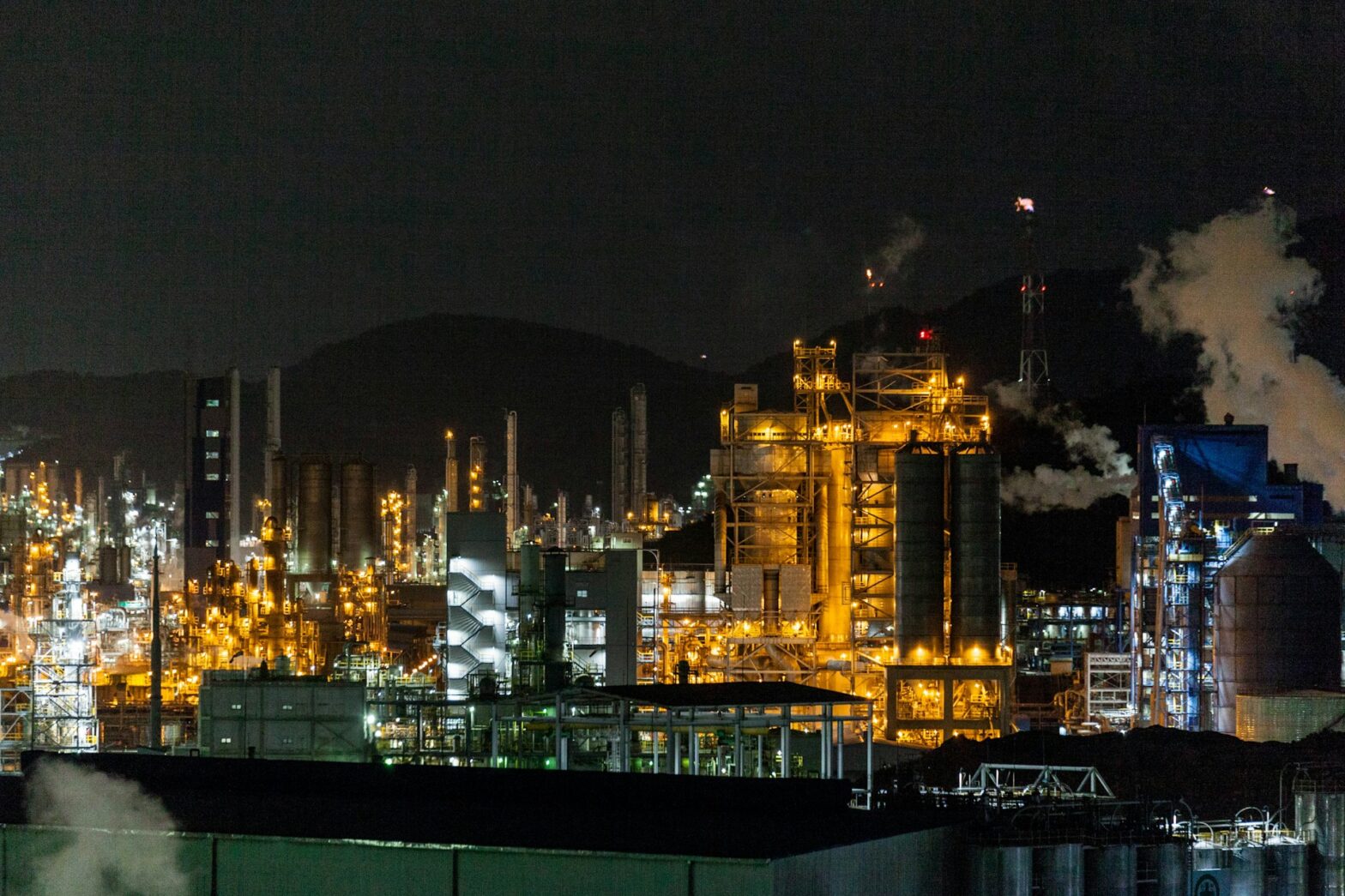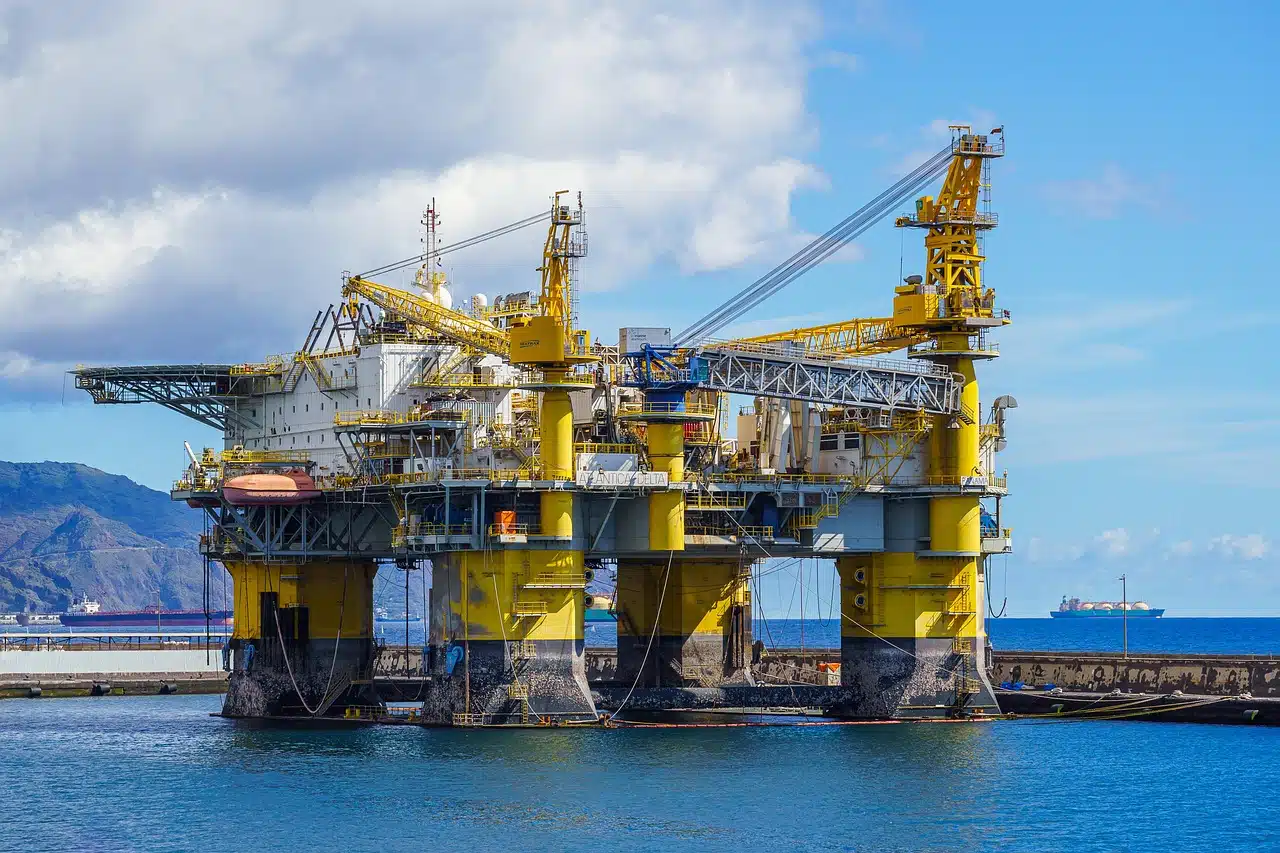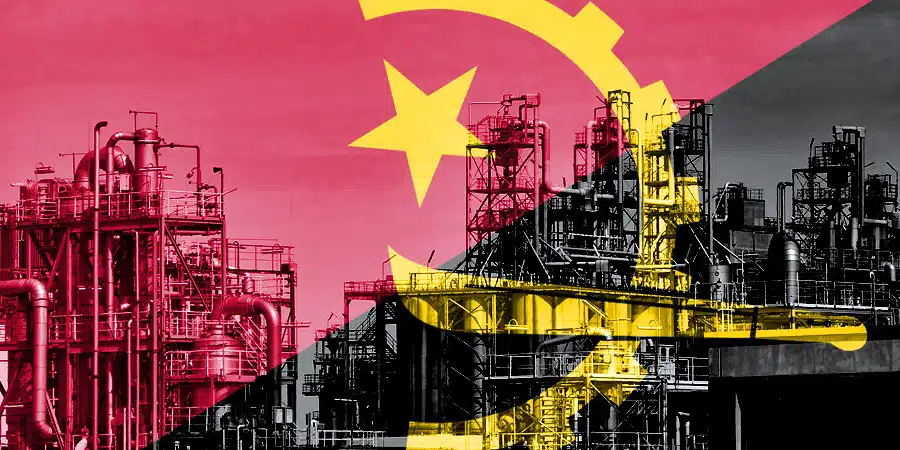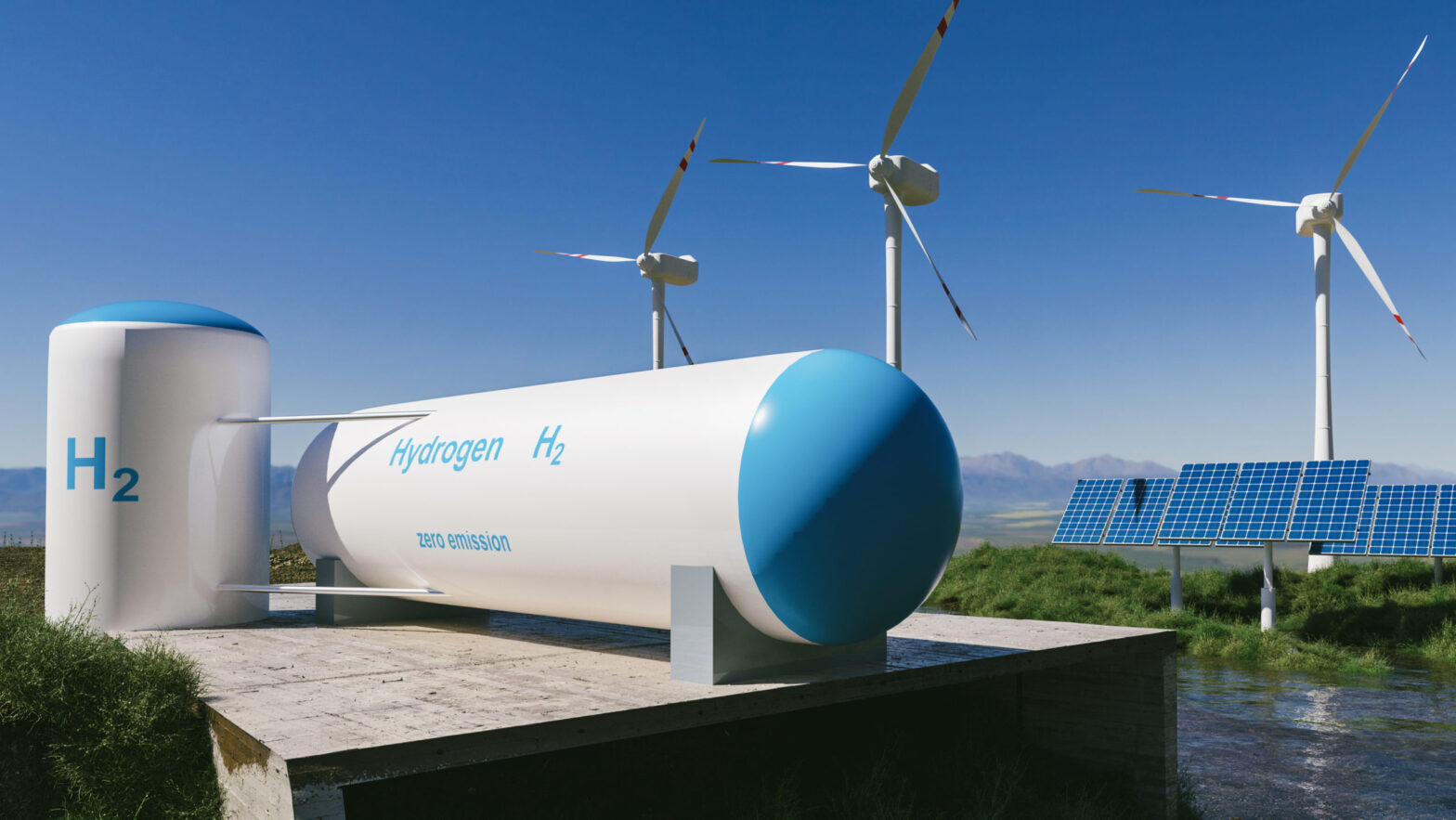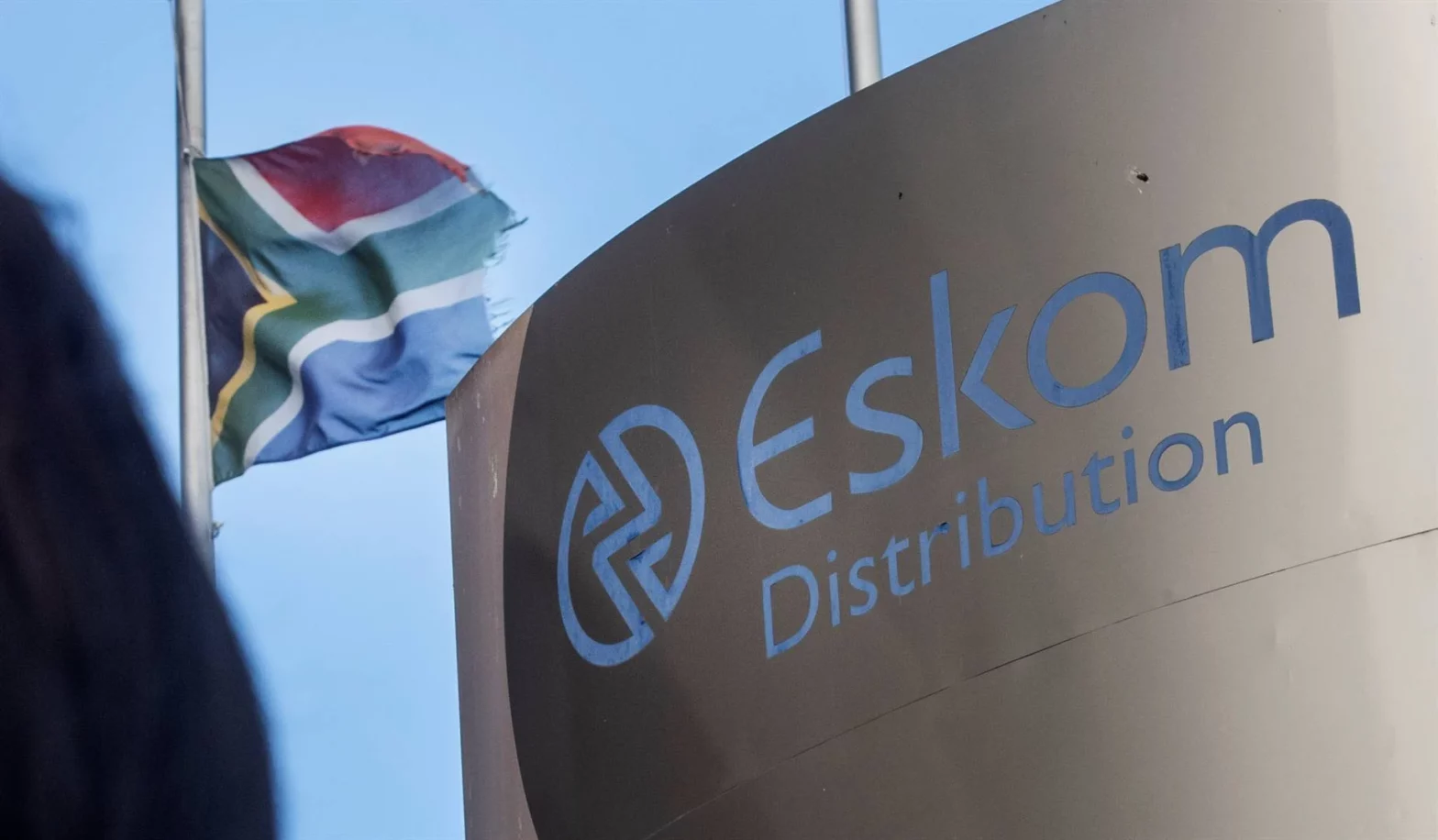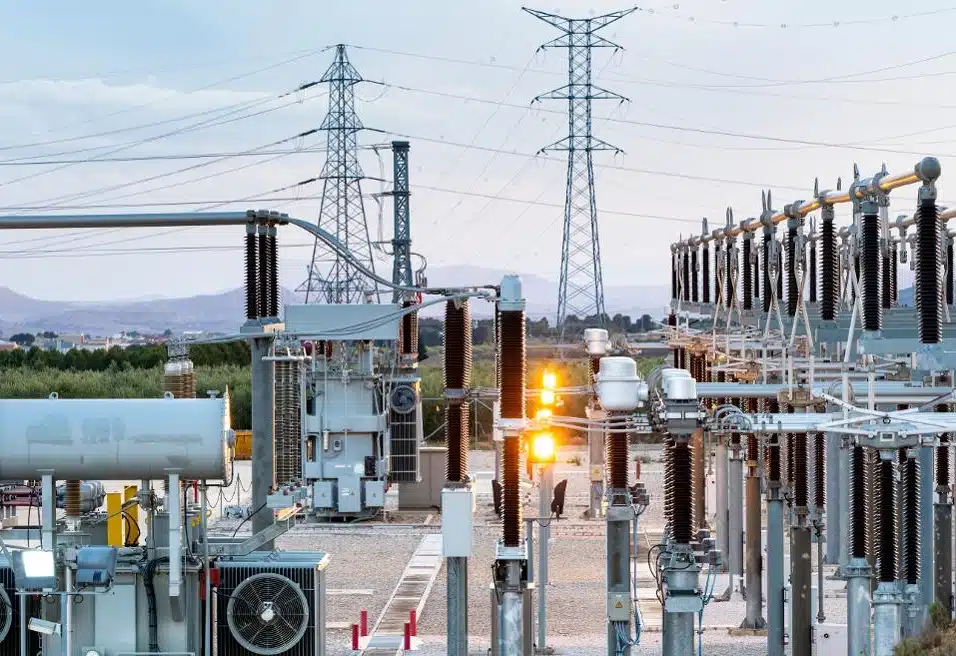Angola’s National Oil, Gas, and Biofuels Agency (ANPG) has revealed plans by the government to invest up to $60 billion in the country’s oil and gas sector over the next four years.
ANPG Chairman Paulino Jerônimo made this known on Wednesday, stating that the government is committed to sustaining oil production above 1 million barrels per day (b/d) until 2027.
He explained that the economic crisis that hit the country caused a significant slowdown in Angola’s oil sector between 2022 and 2024, when oil output averaged just 600,000 b/d.
Angola’s oil production eventually doubled in 2024 after the country made the bold decision to leave OPEC on January 1.
The oil organization had insisted that Angola, despite its struggling economy, maintain production within its assigned quota as part of broader efforts to moderate global oil prices.
However, the country’s oil minister, Diamantino Azevedo, stated that Angola gained “nothing by remaining in the organization and, in defense of its interests, decided to leave.”
Following the exit, the Angolan government has implemented several measures to attract foreign capital and revitalize its oil and gas industry.
In April, the state-owned oil company Sonangol announced plans to offer up to 30% of its shares to the public for the first time, as part of efforts to boost investment and strengthen its position in the global energy market.
Last month, Angola took another major step toward increasing production with the arrival of a giant FPSO vessel at the Agogo field.
Jerônimo noted that the FPSO “is a fundamental part of the Agogo Integrated West Pole Project, which aims to develop the two most significant discoveries in Agogo and Ndungu.”
The FPSO is expected to increase Angola’s oil production by 170,000 b/d.
Beyond boosting oil output, currently hovering around 1.1 million b/d, Angola is also working to expand domestic refining capacity to reduce dependence on imports.
The government is targeting 445,000 b/d of refining capacity by 2026, with three refinery projects already in the pipeline.
This includes upgrade work at the existing 65,000 b/d Luanda refinery and the development of new plants at Lobito and Cabinda.
Jerônimo said the huge capital investment will help Angola achieve some of these goals.

